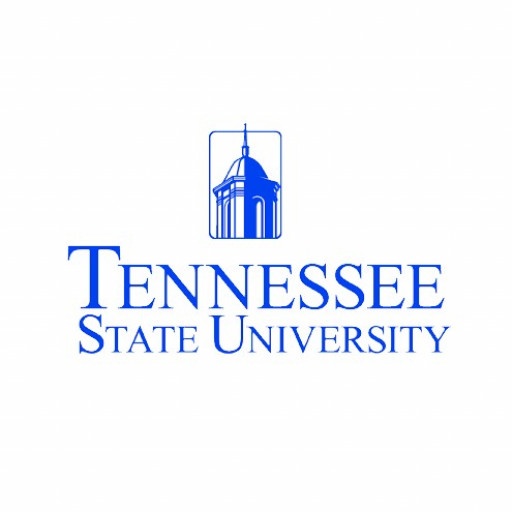Advertisement
The proposed program is designed to provide qualified students with comprehensive knowledge and technical skills needed for planning and conducting statistical analyses for studies that are required for evidence-based medicine, epidemiology survey and public health policy decisions. In addition, for those graduate students who may intend to continue their studies towards a PhD in Biostatistics, the MS in Biostatistics program will equip them with the necessary training and preparation for further advanced studies and research.
The Biostatistics discipline emphasizes the concepts underlying the scientific method, and the applications in biomedical data collection, analysis, interpretation, and reporting of results. The study of Biostatistics includes design and analysis of experimental studies, including clinical trials, and non-experimental (observational) studies, theory of probability and statistics, and statistical computing. Applicants to the Biostatistics department should have strong aptitude for quantitative thinking and interest in biomedical and public health applications. A practicum in consulting is required. Students are encouraged to work closely with faculty and to attend seminars concerning current problems and issues in empirical research. The MS in Biostatistics degree is offered on the New Brunswick Campus.
Students seeking the MS in Biostatistics degree must complete 30 credits of academic work and must pass a qualifying examination and submit a research paper. * credits in core areas of public health: Students must select two core courses from the following four acceptable courses: Health Education and Behavioral Science in Public Health, Health Systems and Policy, Introduction to Environmental Health, and Principles and Methods of Epidemiology.
* credits of courses required by the department.
* credits of elective courses. Research paper and qualifying examination.
Rutgers School of Public Health realizes that many students need financial aid to help them complete their education. Financial aid is any grant, scholarship, loan or paid employment offered for the express purpose of helping a student meet educationally-related expenses. Such aid is usually provided by or through federal and state agencies, foundations, corporations and/or the University.
Financial aid is awarded based on financial need, which is the difference between the cost of attending school and the students ability to contribute to his or her education, as determined on the Free Application for Federal Student Aid (FAFSA). Once a student has matriculated, financial aid funding is also contingent on the student making satisfactory academic progress.
The Office of Financial Aid provides counseling and financial aid funding for students enrolled in Rutgers School of Public Health. A student who is enrolled FOR AT LEAST FIVE CREDITS in a semester in Rutgers School of Public Health is eligible to apply for financial aid. Students who are conditionally accepted to take courses in Rutgers School of Public Health prior to formal admission may be eligible to receive a reduced amount of aid. The primary resource for students in the Rutgers School of Public Health is from the Federal Stafford Loan Program.
Accreditation
The Rutgers name is recognized everywhere, and a Rutgers degree makes a great first impression. Weve built our academic reputation on solid accomplishments:
* Rutgers is a memberso are Harvard, Yale, and Berkeleyof the prestigious Association of American Universities, the 61 leading research universities in North America.
* More than 175 Rutgers research centers support pioneering work in stem cells, climate change, DNA analysis, and more.
* Rutgers international reputation draws top students from more than 130 countries and all 50 states.








